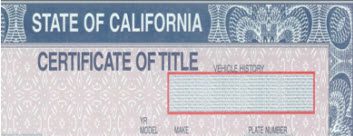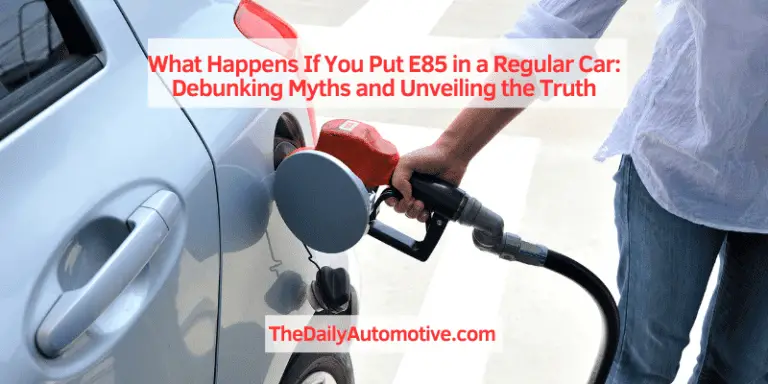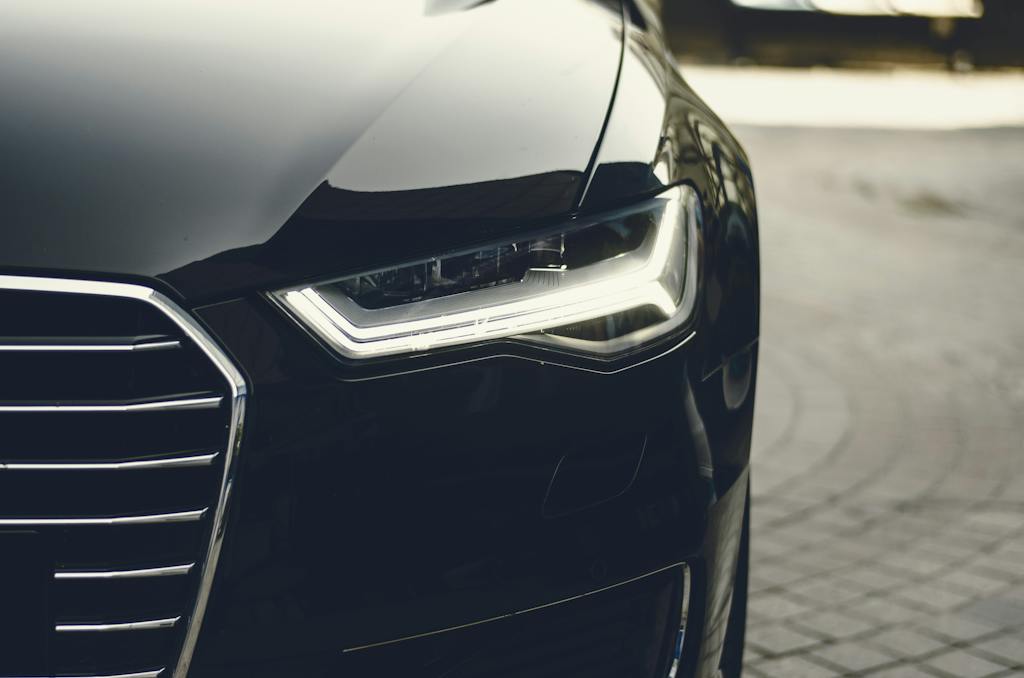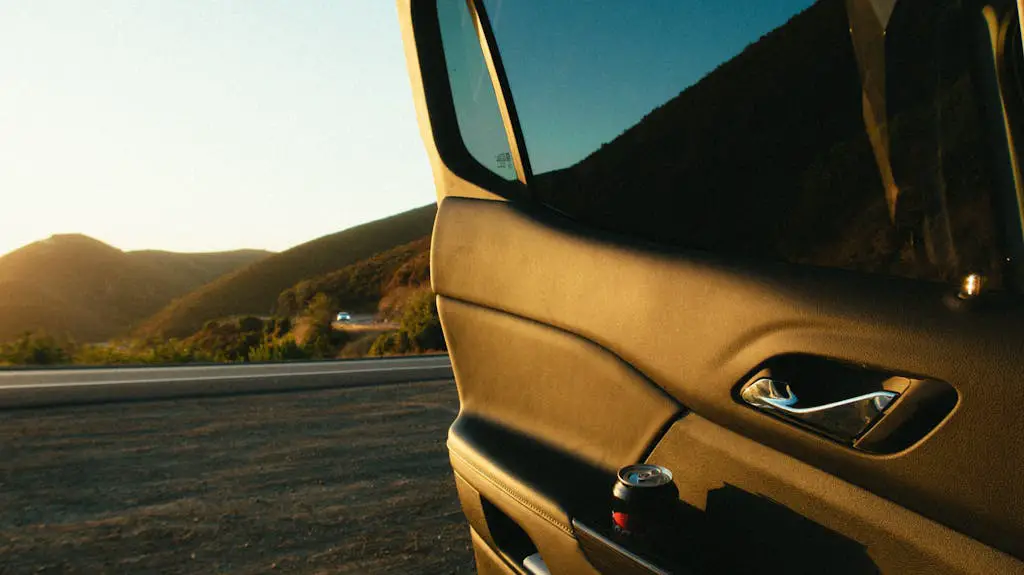Are All Car Covers Waterproof? Discover the Truth Today!
Yes, not all car covers are waterproof, as it depends on the specific cover’s material and design. Car covers serve as an essential protective shield for your vehicle, safeguarding it from various outdoor elements like dust, dirt, rain, snow, and harmful UV rays.
However, it’s important to note that not all car covers offer waterproof capabilities. Some car covers are made from materials such as cotton or polyester, which may provide some level of water resistance but are not entirely waterproof. On the other hand, there are car covers specifically designed to be fully waterproof, with materials like PVC or vinyl combined with additional waterproof coatings.
These waterproof covers are highly effective in preventing water from seeping through and reaching your vehicle’s surface, providing superior protection against rain and moisture.
Types Of Car Covers
Waterproof Car Covers:
A waterproof car cover is a must-have accessory for car owners, especially those who live in areas with frequent rainfall or snowy weather. These car covers are designed to provide effective protection against water damage, keeping your vehicle dry and free from moisture-related issues such as rust and mildew.
Waterproof car covers are typically made from high-quality materials such as polyester or polypropylene that have been treated with special water-repellent coatings. These coatings create a barrier between your car and the water, preventing it from seeping through the cover and causing damage.
Investing in a waterproof car cover is an excellent way to safeguard your vehicle from the damaging effects of water. Whether you park your car outdoors or in a garage, a waterproof car cover offers reliable protection against rain, snow, and other forms of moisture.
Non-waterproof Car Covers:
A non-waterproof car cover, on the other hand, does not provide the same level of protection against water. These types of car covers are typically made from lightweight and breathable materials such as cotton or polyester blends.
Non-waterproof car covers are more suitable for indoor use or areas with minimal rainfall. While they may not offer the same water resistance as their waterproof counterparts, they still provide excellent protection against dust, dirt, and other forms of debris.
- They help to keep your car clean and free from scratches or dings caused by everyday hazards.
- A non-waterproof car cover is also a great option if you need to store your vehicle for an extended period, as it allows for proper air circulation, preventing moisture buildup.
When choosing a car cover, consider your specific needs and the weather conditions in your area. If you live in a region with heavy rainfall or snowfall, a waterproof car cover is the ideal choice. However, if you mainly wish to protect your vehicle from dust and minor debris, a non-waterproof car cover may suffice.
Benefits And Drawbacks Of Waterproof Car Covers
Choosing the right car cover is essential for protecting your vehicle from the elements. While there are numerous options available, waterproof car covers are particularly popular among car owners. In this section, we’ll explore the benefits and drawbacks of using waterproof car covers to help you make an informed decision for protecting your precious vehicle.
Benefits Of Using Waterproof Car Covers
- Protection from rain and moisture: By choosing a waterproof car cover, you can ensure that your vehicle remains dry and protected even during heavy rains or when it’s parked in a humid environment. The waterproof material acts as a barrier, preventing water and moisture from seeping through and causing damage to your car’s exterior.
- Prevention of mold and mildew: Moisture can lead to the growth of mold and mildew, which not only affects the appearance of your car but also poses health risks. Waterproof car covers help to keep your vehicle dry, reducing the chances of mold and mildew formation, and preserving its overall condition.
- Shielding from snow and ice: If you live in an area with snowy winters, a waterproof car cover provides crucial protection against snow buildup and ice formation. It prevents snow from accumulating on your car’s surface and shields it from the freezing temperatures that can cause damage.
- Resists UV rays and sun damage: In addition to its water-resistant properties, a quality waterproof car cover also offers protection against harmful UV rays. It acts as a shield, preventing the sun’s rays from fading the car’s paint and causing damage to the interior.
- Secure fit and durability: Waterproof car covers are designed to fit snugly over your vehicle, providing full coverage and protection. They are often made from durable materials that can withstand harsh weather conditions, ensuring long-lasting use.
Drawbacks Of Using Waterproof Car Covers
- Condensation buildup: While waterproof car covers effectively repel water from the exterior, they can also trap moisture underneath. This can lead to condensation buildup, which may cause issues such as rust or damage to the car’s paint if left unchecked. Regularly removing and drying the cover can help mitigate this risk.
- Lack of breathability: Waterproof car covers, by nature, offer a tight seal that can prevent air circulation. While this is useful in keeping water out, it can also create a lack of breathability. Without proper airflow, trapped moisture and heat could impact the car’s surface and potentially cause damage.
- Difficulty in folding and storage: Compared to other types of car covers, waterproof covers can be bulkier and less flexible. This can make them more challenging to fold and store when not in use. Ensure you have adequate storage space to accommodate the cover’s size.
- Higher cost: Waterproof car covers are often priced higher than other types of car covers due to their specialized features and materials. While they provide excellent protection, it’s important to consider your budget and determine if the extra investment is worthwhile for your specific needs.
Conclusion
To wrap it up, not all car covers are waterproof. While some are designed to provide protection against rain and water damage, others prioritize features like UV protection or dust resistance. When choosing a car cover, it is essential to consider your specific needs and the environmental conditions it will be exposed to.
By carefully evaluating the options available, you can find a car cover that offers the necessary level of waterproofing to keep your vehicle safe and protected.








